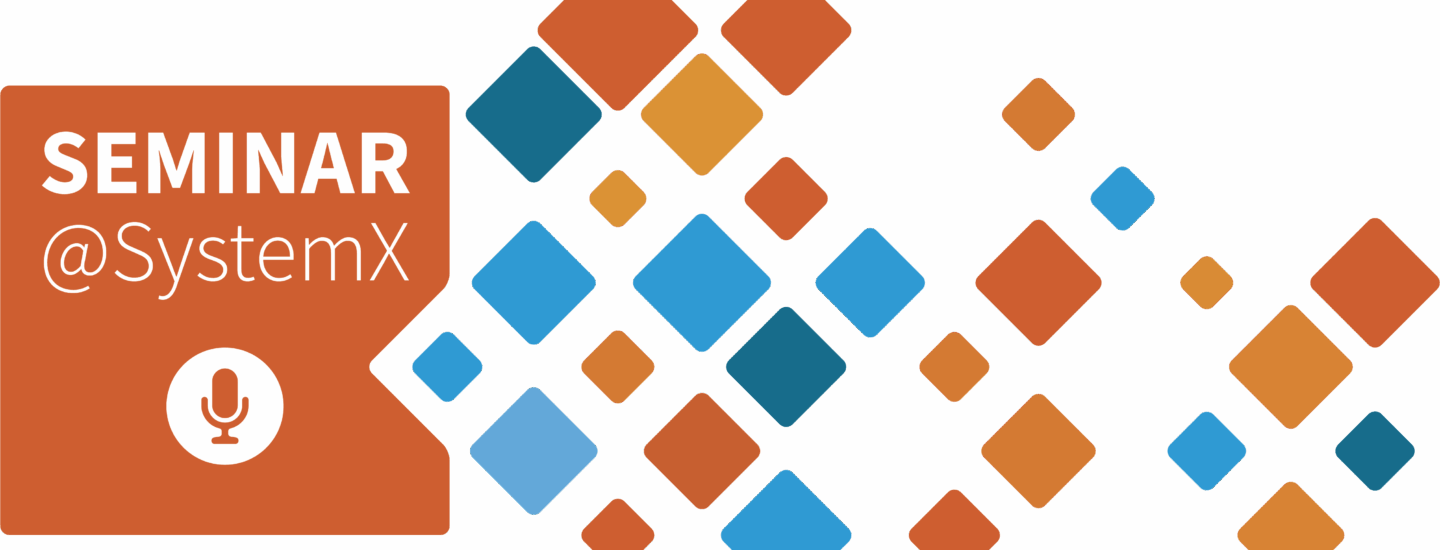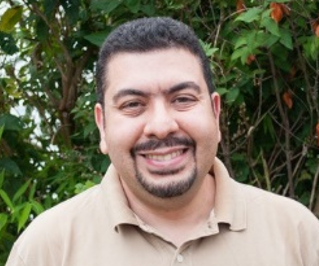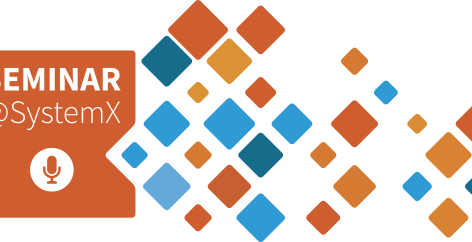
Yacine Ghamri-Doudane ran a Seminar@SystemX
Published on 06/17/2022
Yacine Ghamri-Doudane (Professor, La Rochelle University) ran a Seminar@SystemX online, on the following topic «Service Placement with Load Distribution and Service Migration in Edge Computing for 5G and Beyond Networks: Current Results and Some Perspectives » , on Jun 23, 2022 from 2:00 pm to 3:30 pm.
Click here to connect to the webinar
Resume:
Edge Computing (EC) is a promising concept to alleviate some of the cloud computing limitations in supporting Internet of Things (IoT) applications, especially time-sensitive applications, by bringing computing resources closer to end users, at the network edges. As promising as EC is, it also faces many challenges. These are mainly related to the resource management in the vast, distributed, dynamic, and heterogeneous setting brought by EC. A relevant issue for resource management is the service placement problem, which is the decision-making process of determining where to place different applications or services over the EC infrastructure according to some constraints, requirements, and performance goals. This decision-making process can thus be extended to include other related issues, such as load distribution and service migration. Load distribution relates to the “how” to distribute workloads of an application among its various instances placed over the EC infrastructure. Meanwhile, the service migration aims at tackling the “when” an application or service should be migrated to another location to keep satisfactory system performance. As such, these two issues are integral parts of those that needs to be tackled by EC resource management and, more specifically, in the case of service placements.
In this presentation, we investigate the problem related to services placement with load distribution and service migration in the context of next generation networks with EC capabilities, such as the fifth-generation (5G) mobile system and beyond. First, we address service placement with load distribution as single and multi-objective problems and we provide a first proposal to solve these using a well-chosen genetic algorithm. Analytical results show that through our proposed formulation and the associated proposed algorithms, we are able to outperform other benchmark algorithms in terms of multiple conflicting objectives, such as response deadline violation, operational cost, and service availability. Then, in order to handle load fluctuations, we propose a centralized limited look-ahead prediction control that periodically readjusts service placement and load distribution decisions by taking into account the performance-cost trade-off of service migrations. Evaluation results show that our predictive control has even better system performance regarding response deadline violations with a small additional migration cost compared to benchmark algorithms. Then, again, we address the scalability issue faced by centralized decision-making process. This is achieved by designing a hierarchical distributed service placement solution. This one reduces the dimensionality of the overall control decision problem by decomposing it into a set of local control problems solved in a hierarchical cooperative way. The evaluation of our distributed control indicates that the trade-off between the system performance and the scalability of decision-making depends on how the control decision problem is decomposed. Finally, some perspective on future research directions in order to achieve a tight coupling between the communication infrastructure on the one hand and the in-network caching and computing infrastructure on the other hand, while taking advantage of artificial intelligence advances.

Yacine Ghamri-Doudane is currently Full Professor at the La Rochelle University in France, and the Director of its Laboratory of Informatics, Image and Interaction, L3i (~100 members + ~30 interns per year). Since January 2019, he also holds an Adjunct Professor position at the Walton Institute for Information and Communication Systems Science, South-East Technological University, SETU, Waterford, Ireland. Yacine received an engineering degree in computer science (M.Eng) from the National Institute of Informatics (INI), Algiers, Algeria, in 1998, an M.Sc. degree in signal, image and speech processing from the National Institute of Applied Sciences (INSA), Lyon, France, in 1999, a Ph.D. degree in computer networks from University Pierre & Marie Curie, Paris 6, France, in 2003, and a Habilitation to Supervise Research (HDR) in Computer Science from Université Paris-Est, in 2010. His current research interests lay in the area of wireless networking and mobile computing with a current emphasis on topics related to the Internet of Things (IoT), Connected and Autonomous Vehicles, Edge Computing Systems, 5G and Beyond as well as Digital Trust. Yacine holds three (3) international patents and he authored or co-authored eight (8) book chapters, 49 peer-reviewed international journal articles and about 167 peer-reviewed full conference and workshop papers. Since 1999, he participated or still participates to several national and European-wide research projects in his area of interests. Among them four regional research projects (two ongoing), five national-wide research projects (two ongoing), thirteen European-wide or International-wide research projects (three on-going) as well as three EU COST Actions. He also held several industrial funding with companies like Orange, Nokia, Renault, OODrive, Soft@Home and PANGA. As part of his professional activities linked to the computer networking research community, Yacine also acted as the Chair of the IEEE Communications Society (ComSoc) Technical Committee on Information Infrastructure & Networking (TCIIN – previously TCII) from January 2010 till December 2013 and also chaired the IEEE ComSoc Humanitarian Communications Technologies Ad hoc Committee (HCTC) from January 2012 till December 2015. He was also part of the IEEE Smart Cities Initiative Steering Committee from 2014 to 2017 as well as since 2022. He is or had been an editorial board member of the IEEE TVT (ongoing), Elsevier JNCA, Elsevier ComNet, Springer AoT Journals, Wiley WCMC, Guest Editor of IEEE ComMag, IEEE IoT Journal, Springer/EURASIP WCN Journal, co-Editor in Chief of the Elsevier/KICS ICT Express Journal (ongoing) as well as the founding Editor-in-Chief of the IEEE ComSoc Ad Hoc and Sensor Network Technical Committee (AHSN TC) Newsletter. Among other conference involvements, he acted or is still currently acting as the TPC Chair of IEEE LatinCom 2022, IEEE MeditCom 2021, IEEE/IFIP IM 2021, and IEEE CCNC 2015, Symposium co-Chair in IEEE ICC 2009, 2010, 2012, 2018 and 2021 as well as IEEE GLOBECOM 2012 and 2015, and finally Track co-Chair in IEEE Sensors 2022 and IEEE CCNC 2023. He is a Senior Member of the IEEE since 2019 (Member from 2004, Student Member from 2002).
Replay:

